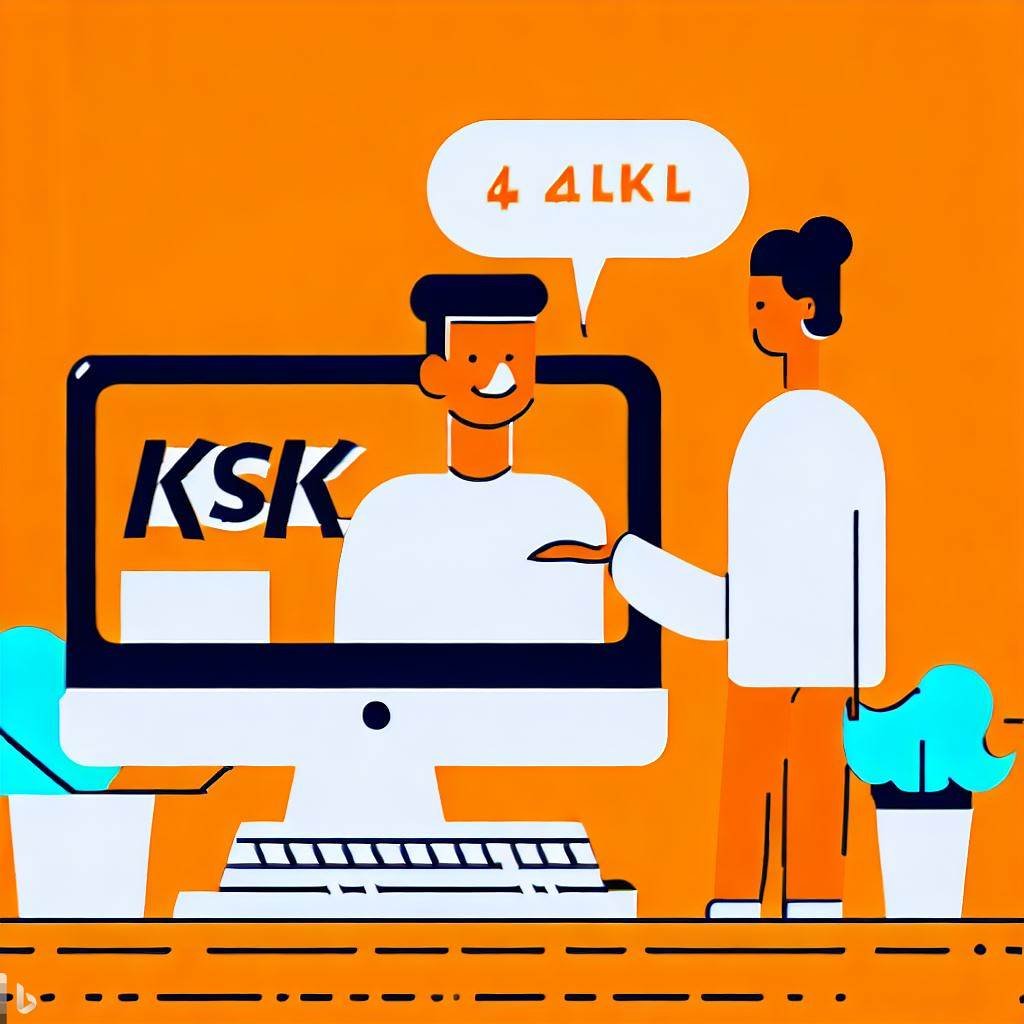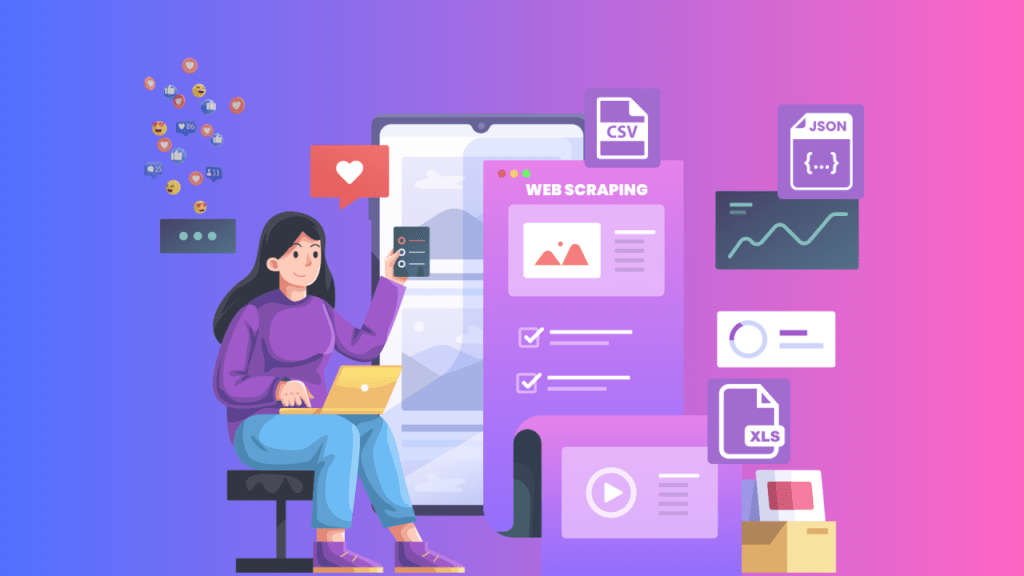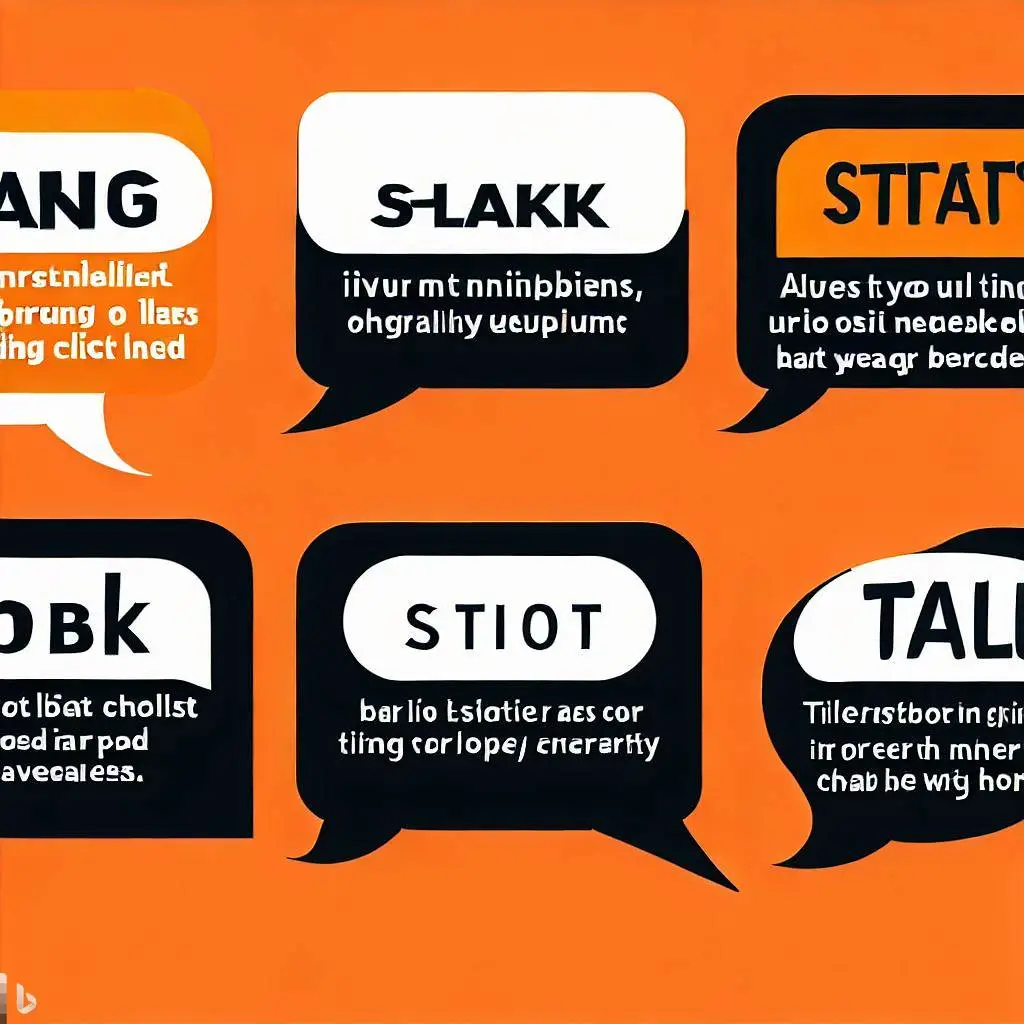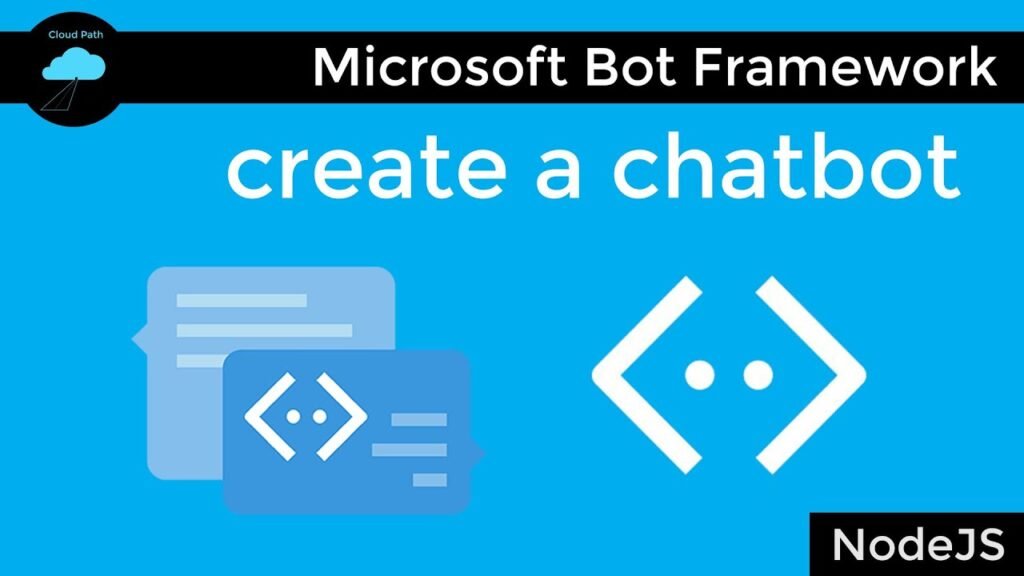Introduction about AI in Business
AI in business use cases span across various industries and functions, including customer service chatbots, predictive analytics, fraud detection, personalized marketing, supply chain optimization, virtual assistants, sentiment analysis, image and speech recognition, recommendation systems, and process automation.

Artificial Intelligence (AI) has emerged as a powerful technology that is revolutionizing the business landscape. With its ability to process massive amounts of data, learn from patterns, and make intelligent decisions, AI is being harnessed by businesses across various sectors. In this article, we will explore the ten best use cases of AI in business, showcasing its transformative impact on operations, customer experience, decision-making, and more. So, let’s dive in and discover how AI is reshaping the way we do business.
Table: 10 Best Use Cases of AI in Business
| AI in Business Use Case | Description |
|---|---|
| 1. AI in Business Predictive Analytics | Harnessing AI algorithms to forecast trends and outcomes based on historical data. |
| 2. AI in Business Intelligent Chatbots | AI-powered virtual assistants that provide instant customer support and enhance engagement. |
| 3. AI in Business Natural Language Processing | Enabling machines to understand and interpret human language for various applications. |
| 4. AI in Business Fraud Detection | Identifying patterns and anomalies to detect fraudulent activities and protect businesses. |
| 5. AI in Business Personalized Marketing | Utilizing AI to deliver tailored marketing messages and recommendations to individual customers. |
| 6. AI in Business Supply Chain Optimization | Applying AI algorithms to optimize inventory management, logistics, and demand forecasting. |
| 7. AI in Business Smart Decision-Making | Empowering businesses with AI-driven insights for data-driven decision-making processes. |
| 8. AI in Business Intelligent Virtual Assistants | AI-powered assistants that automate repetitive tasks and enhance productivity. |
| 9. AI in Business Risk Assessment | Using AI models to assess risks and make informed decisions in finance, insurance, and more. |
| 10. AI in Business Autonomous Vehicles | AI technology enabling self-driving cars and transforming transportation and logistics. |
What is NoowAI? NoowAI is an advanced AI-powered virtual assistant that provides a wide range of functionalities to users. It is designed to interact with users in natural language, providing instant responses to questions and queries.
ProductHunt
Exploring the 10 Best Use Cases of AI in Business

Artificial Intelligence (AI) is revolutionizing the business landscape, offering innovative solutions to complex problems and transforming various industries. In this article, we will delve deeper into the 10 best use cases of AI in business, exploring their significance, benefits, and providing real-world examples of their implementation.
By understanding these use cases, businesses can harness the power of AI to drive growth, improve efficiency, and gain a competitive edge. So, let’s explore each use case in detail:
1. Predictive Analytics
Predictive analytics leverages AI algorithms to analyze vast amounts of historical data, identify patterns, and make accurate predictions about future trends and outcomes. This use case enables businesses to anticipate customer behavior, optimize inventory management, and make informed strategic decisions. Examples include:
- Retailers using AI to forecast demand and optimize inventory levels, reducing stockouts and improving customer satisfaction.
- Financial institutions using predictive analytics to identify potential fraudulent transactions and prevent financial losses.
2. Intelligent Chatbots
Intelligent chatbots are AI-powered virtual assistants that interact with customers and provide instant support. They use natural language processing and machine learning algorithms to understand and respond to customer queries, enhancing customer engagement and satisfaction. Examples include:
- E-commerce platforms integrating chatbots to assist customers in product search, provide recommendations, and answer frequently asked questions.
- Customer service departments using chatbots to handle routine inquiries, freeing up human agents to focus on complex customer issues.
3. Natural Language Processing
Natural Language Processing (NLP) enables machines to understand and interpret human language, opening doors to various applications. NLP powers voice assistants, sentiment analysis, language translation, and content generation. Examples include:
- Voice assistants like Amazon’s Alexa and Apple’s Siri, which understand and respond to voice commands, perform tasks, and provide information.
- Sentiment analysis tools that analyze social media data to understand customer opinions and sentiment towards a brand or product.
4. Fraud Detection
AI-based fraud detection systems analyze data to identify patterns, anomalies, and potential fraudulent activities. These systems help businesses protect their assets, customers, and reputation by detecting and preventing fraud in real-time. Examples include:
- Banks using AI algorithms to detect unusual transactions or patterns that may indicate fraudulent activities and immediately flag them for investigation.
- E-commerce platforms implementing AI fraud detection systems to identify fraudulent orders, prevent chargebacks, and protect sellers and buyers.
5. Personalized Marketing
AI enables businesses to deliver personalized marketing messages, recommendations, and offers to individual customers based on their preferences, behavior, and purchase history. Examples include:
- Streaming platforms like Netflix using AI algorithms to recommend personalized movie or show suggestions based on user viewing history and preferences.
- E-commerce websites displaying personalized product recommendations to customers based on their browsing and purchasing behavior.
6. Supply Chain Optimization
AI algorithms can analyze vast amounts of data related to inventory levels, demand forecasts, and logistical operations, helping businesses optimize their supply chain. Examples include:
- Logistics companies using AI to optimize route planning, reducing transportation costs, and improving delivery efficiency.
- Retailers leveraging AI to forecast demand accurately, streamline inventory management, and prevent overstocking or stockouts.
7. Smart Decision-Making
AI-powered analytics and insights provide businesses with data-driven decision-making capabilities. By analyzing complex datasets, AI algorithms identify trends, patterns, and correlations that humans may overlook, leading to more informed and strategic decision-making processes. Examples include:
- Financial institutions using AI to analyze market trends, predict investment opportunities, and make informed trading decisions.
- Healthcare providers utilizing AI to analyze patient data, identify potential health risks, and recommend personalized treatment plans.
8. Intelligent Virtual Assistants
Intelligent virtual assistants,
also known as AI-powered personal assistants, help professionals manage their tasks, schedules, and communications. These assistants can perform various functions, including scheduling appointments, managing emails, and conducting research, thereby assisting businesses in improving operational efficiency. Examples include:
- Virtual assistants like Google Assistant and Microsoft’s Cortana, which can schedule appointments, set reminders, answer questions, and perform various tasks.
- Professionals using AI-powered email assistants to manage their inbox, prioritize messages, and draft responses.
9. Risk Assessment
AI models are increasingly being used for risk assessment in finance, insurance, and other industries. By analyzing historical data and identifying potential risks, businesses can make informed decisions and mitigate potential losses. Examples include:
- Insurance companies using AI algorithms to assess customer risk profiles and determine appropriate premium rates.
- Financial institutions employing AI-based models to predict credit risks and make accurate lending decisions.
10. Autonomous Vehicles
AI technology is revolutionizing transportation and logistics through the development of autonomous vehicles. Self-driving cars and trucks powered by AI algorithms have the potential to enhance safety, improve efficiency, and transform the way goods are transported. Examples include:
- Companies like Tesla and Waymo developing self-driving cars that rely on AI algorithms to navigate roads, detect obstacles, and make real-time driving decisions.
- Logistics companies exploring the use of autonomous delivery vehicles to optimize last-mile delivery and reduce human error.
See also: 100 AI Business Ideas: Unlocking Innovation and Opportunities
NoowAI Assistant: AI Business Ideas that Matter
FAQs (Frequently Asked Questions) about AI in Business
Q: Is AI only beneficial for large businesses? A: No, AI has benefits for businesses of all sizes. It can be scaled and customized to meet the specific needs and budgets of small and medium-sized enterprises.
Q: Are there any ethical concerns associated with AI in business? A: Yes, ethical considerations such as data privacy, bias in algorithms, and job displacement should be carefully addressed to ensure responsible and fair use of AI in business.
Q: Can AI completely replace human workers? A: While AI can automate certain tasks and improve efficiency, it is unlikely to completely replace human workers. Instead, it often augments human capabilities and enables them to focus on higher-level, strategic work.
Q: How can businesses implement AI effectively? A: Businesses can implement AI effectively by clearly defining their objectives, selecting the right AI technologies, ensuring data quality and privacy, and providing appropriate training to employees.
Q: What are the potential risks of AI implementation in business? A: Risks include data breaches, reliance on biased algorithms, potential job displacement, and overreliance on AI without human oversight.
Study case: Artificial Intelligence Statistics & Facts For 2023
Cross River Therapy
NoowAI: Empowering Businesses with Perfect AI Solutions
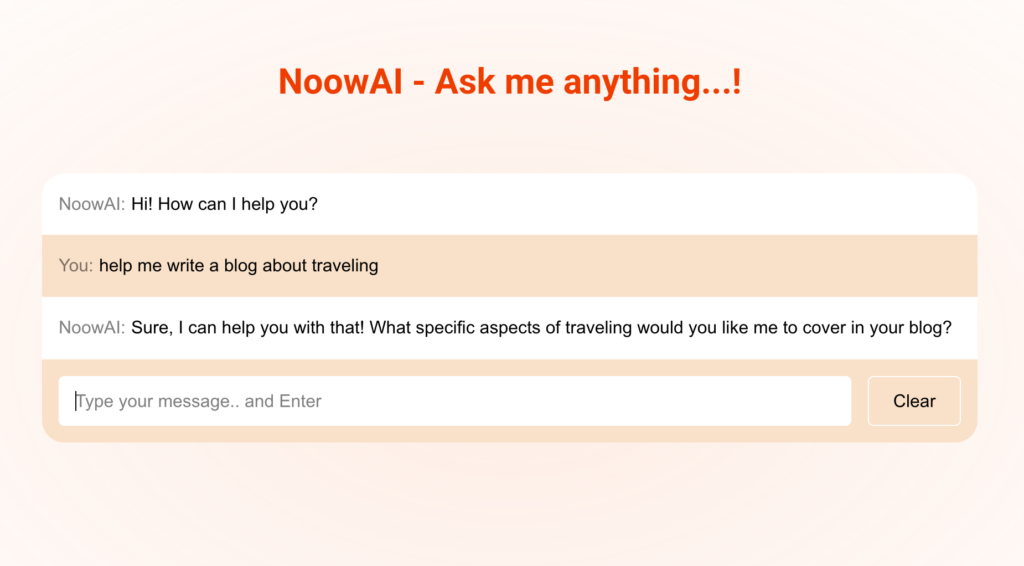
In today’s rapidly evolving business landscape, harnessing the power of artificial intelligence (AI) has become a game-changer for organizations seeking to gain a competitive edge. Among the myriad of AI solutions available, NoowAI stands out as the perfect AI companion for businesses of all sizes. With its advanced capabilities and seamless integration, NoowAI is revolutionizing the way companies operate and enabling them to unlock new opportunities for growth. Let’s delve into why NoowAI is considered the epitome of an AI solution in the business realm.
Unparalleled Accuracy and Efficiency:
NoowAI is renowned for its unmatched accuracy and efficiency in performing complex tasks. Powered by cutting-edge machine learning algorithms and deep neural networks, it exhibits exceptional precision in data analysis, predictive modeling, and decision-making. By leveraging NoowAI, businesses can tap into a wealth of insights that drive informed strategies, optimize processes, and maximize operational efficiency.
Seamless Integration and Customization:
NoowAI seamlessly integrates with existing business systems, making it a versatile and scalable solution for various industries. Its flexible architecture allows for easy customization to align with specific business needs and objectives. Whether it’s automating repetitive tasks, enhancing customer experiences, or optimizing supply chain operations, NoowAI can be tailored to deliver targeted results, amplifying business outcomes.
Real-time Analytics and Actionable Insights:
With NoowAI, businesses can harness the power of real-time analytics to gain actionable insights. By analyzing vast amounts of data with speed and accuracy, NoowAI enables organizations to identify patterns, trends, and anomalies that might otherwise go unnoticed. These insights empower businesses to make data-driven decisions, adapt to changing market dynamics, and capitalize on emerging opportunities.
Enhanced Customer Experiences:
NoowAI places customer experiences at the forefront by leveraging AI-powered technologies. Through natural language processing and sentiment analysis, NoowAI enables businesses to understand customer needs, preferences, and sentiments in real-time. This enables personalized interactions, tailored recommendations, and proactive support, fostering stronger customer relationships and loyalty.
Continuous Learning and Improvement:
One of the standout features of NoowAI is its ability to continuously learn and improve over time. By leveraging AI algorithms, it can adapt to evolving business environments, consumer behaviors, and market trends. This enables NoowAI to deliver increasingly accurate predictions, recommendations, and insights, ensuring that businesses stay ahead of the competition and remain agile in a rapidly changing landscape.
NoowAI exemplifies the perfect AI solution for businesses, providing unparalleled accuracy, seamless integration, actionable insights, enhanced customer experiences, and continuous learning. By embracing NoowAI, organizations can unlock the full potential of AI and position themselves at the forefront of innovation and success. It’s time to embrace the future with NoowAI and unleash the power of AI in your business.
In today’s fast-paced and data-driven business environment, staying ahead of the competition requires harnessing the power of AI. One such powerful AI assistant is NoowAI. NoowAI is a cutting-edge AI platform that empowers businesses with advanced capabilities, including natural language processing, predictive analytics, and intelligent automation. NoowAI is a perfect an AI in Business you have to use.
With AI in business, businesses can streamline operations, enhance decision-making processes, and deliver personalized customer experiences. Whether it’s optimizing supply chains, automating customer interactions, or unlocking valuable insights from data, NoowAI is a reliable partner for businesses seeking to leverage the potential of AI. Embrace the future of business with NoowAI and unlock a world of possibilities.
Conclusion: Business should use AI for business survival
Artificial Intelligence has emerged as a transformative force in the business world, offering a wide range of applications and benefits. From predictive analytics to personalized marketing and supply chain optimization, AI is reshaping how businesses operate and make decisions. By understanding the best use cases of AI in business, organizations can harness its potential to drive innovation, improve efficiency, and stay ahead in today’s competitive landscape.
Remember, the key to successful AI implementation lies in striking the right balance between technology and human expertise, leveraging AI as a powerful tool to augment human capabilities rather than replacing them entirely. With responsible and strategic adoption, businesses can unlock the full potential of AI and pave the way for a future of enhanced productivity and growth.
The 10 use cases of AI in business mentioned above demonstrate the transformative power of AI in various industries. From predictive analytics and intelligent chatbots to personalized marketing and autonomous vehicles, AI is reshaping how businesses operate, make decisions, and interact with customers. By embracing these use cases, businesses can unlock new opportunities, improve operational efficiency, enhance customer experiences, and gain a competitive edge in the digital age.
However, successful implementation of AI requires careful planning, data management, and consideration of ethical implications. It is crucial for businesses to strike the right balance between human expertise and AI capabilities, ensuring responsible and strategic use of AI technology. With the right approach, businesses can harness the full potential of AI and pave the way for a future of innovation and growth.
